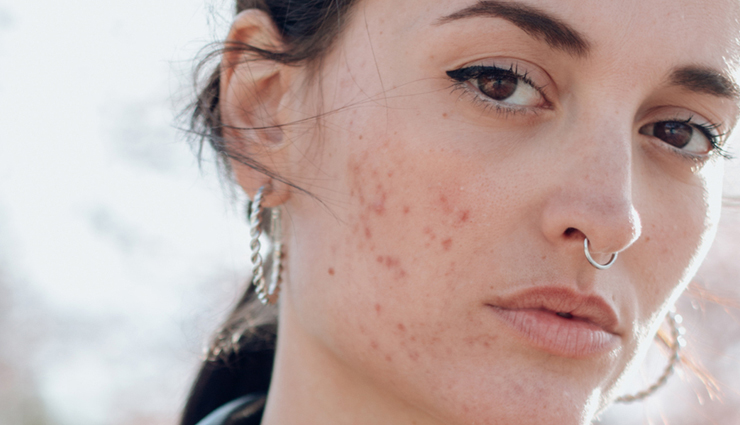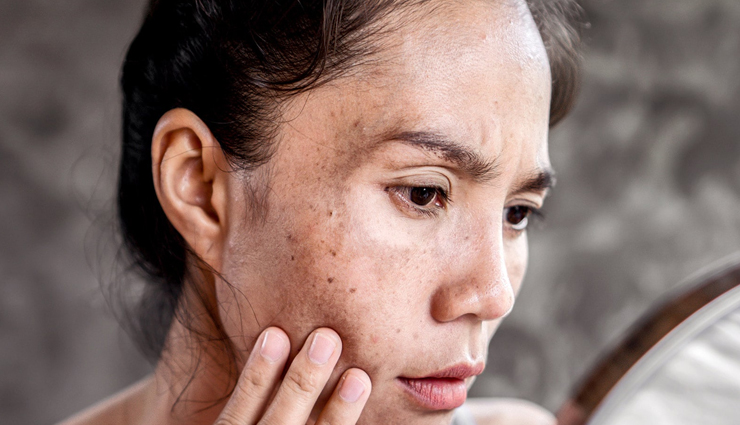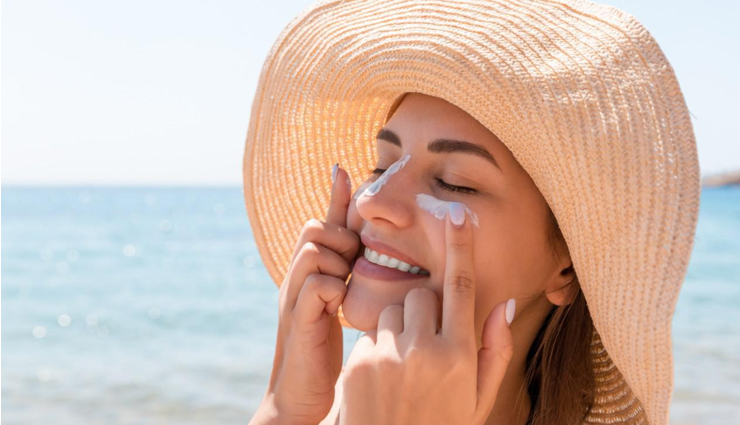6 Major Side Effects Of Using Sunscreen
By: Kratika Fri, 04 Nov 2022 4:58:50

If you use sunscreen often, you’re probably wondering if it’s always good for you. While it contains several ingredients that protect your skin from damage, some of these ingredients may be harmful too. Here are some reasons why sunscreens could be harmful for you.

# Vitamin D Deficiency
Using sunscreen in excess prevents sunlight from being absorbed by your skin. This hinders the synthesis of vitamin D – essential for bone growth – in your body, causing a vitamin D deficiency. If you have naturally dark skin, apply less sunscreen because you need to be exposed to the sun more to generate as much vitamin D as someone with a lighter skin tone. However, research suggests that using just enough sunscreen does not result in a vitamin D deficiency.

# Skin Allergies
Sunscreens contain significant quantities of preservatives and ingredients. Therefore, reapplication on the skin causes irritation, swelling, and redness, which are symptoms of skin allergies. A preservative called methylisothiazolinone is one of the main causes of skin allergies caused by excess sunscreen use. PABA, or para-aminobenzoic acid, present in sunscreens is also known to cause skin allergies.3 Fortunately, many sunscreens today do not contain PABA; however, they do include a variation of it that isn’t harmful. So, the next time you buy sunscreen, check the label to ensure there’s no PABA in it. Also, remember to do a patch test to avoid allergic reactions.

# Cell Damage
Many sunscreens contain zinc oxide and titanium dioxide as UV filters in the form of nanoparticles – very small particles. While these are believed to be able to penetrate the skin easily, they are likely to form free radicals, which are known to damage skin cells. These free radicals may also lead to wrinkles on your skin.

# Worsened Acne
Sunscreens may not be suitable for people who suffer from acne as they could further lead to blisters, redness, or rashes. Using oily or comedogenic sunscreens (that block your pores) like those with cocoa butter, soybean oil, or coconut may aggravate acne. However, the research available doesn’t adequately prove the adverse effects of sunscreen on acne.

# Hormonal Disruptions
Oxybenzone, which is a widely used ingredient in sunscreen, may disrupt hormonal balance in your body. It is said to alter the levels and mimic the behavior of certain hormones. However, current research is insufficient to conclusively prove the link between oxybenzone and hormone level fluctuations.

# Eye Irritation
When sunscreen enters your eyes, you may experience irritation and burning because of certain chemicals in it. If this happens, make sure that you rinse your eyes thoroughly with clean water.





